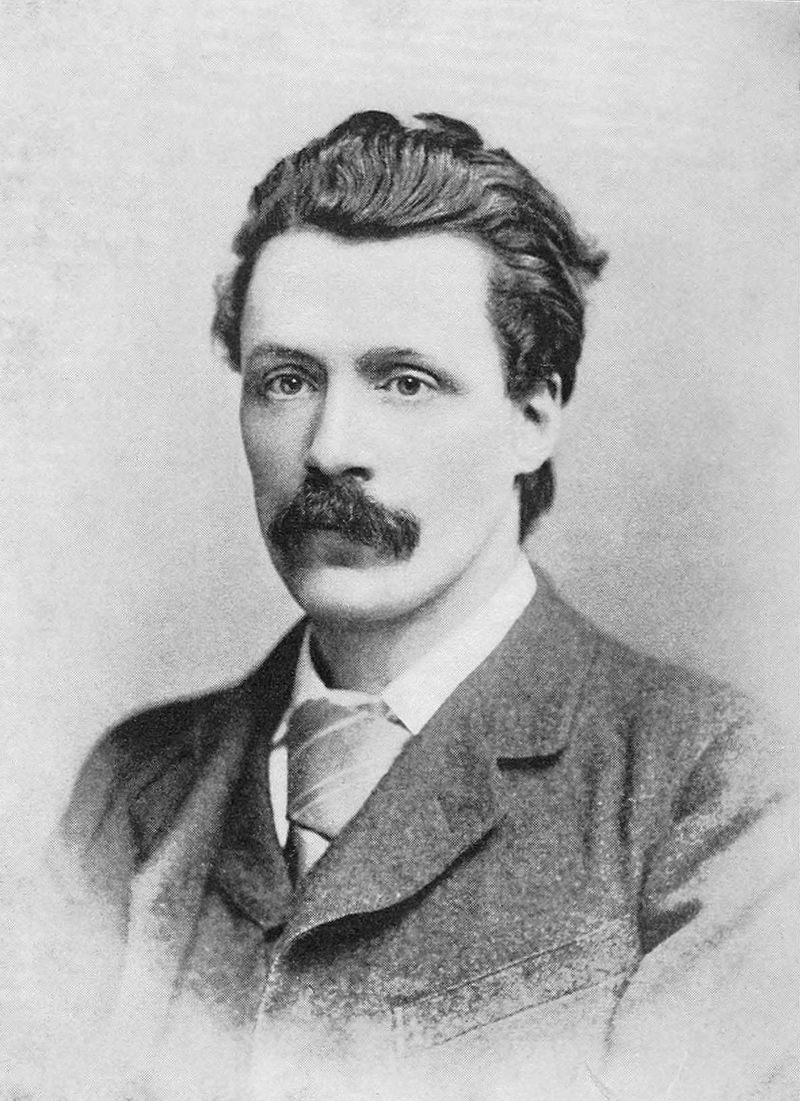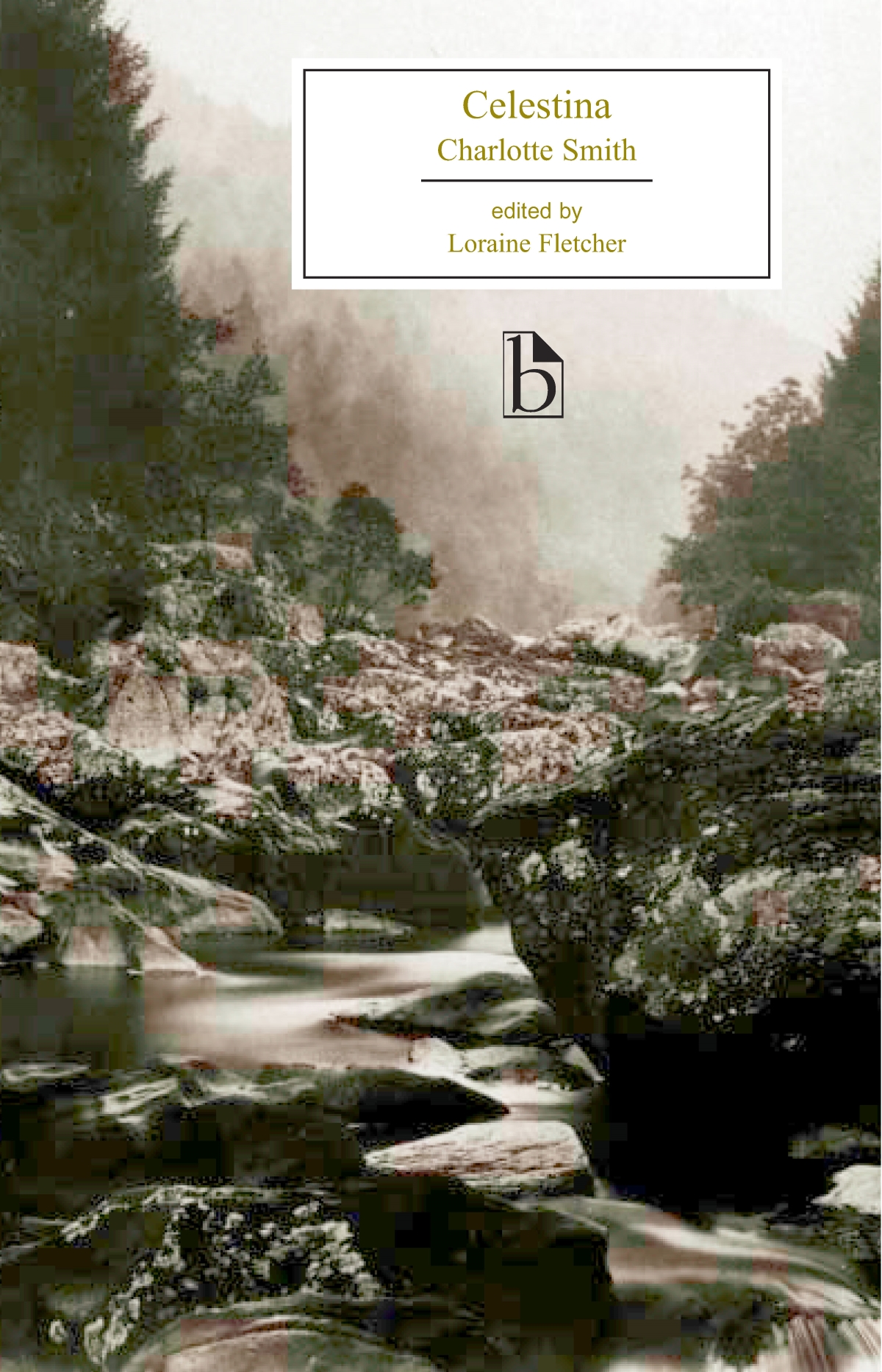"You gave me to understand that you came to me because you heard I was honest. Doesn't the quality please you on closer acquaintance? I find it most confoundedly inconvenient myself, at times." -- from the narrator of The Mummy (p. 83)
Spoilers for The Mummy and the Gloria Stuart film Secret of the Blue Room (1933). I hope that isn't itself a spoiler!
Another fine impulse buy from the esteemed Valancourt Books, this 1912 novel makes use of the topical interest in Egyptology to drive an off-beat thriller. The narrator, Dr. Armiston, presents himself as something of a slacker, living a mostly contented life of lowered expectations, with a general practice catering to the better-paid servant class. When the employer of one of his patients dies, he is called to the scene, and becomes drawn into a mysterious high-society club of Plain Speakers, in which a sub-group may have run afoul of a mummy's curse.
Reminiscent of some the doctors in Sir Arthur Conan Doyle's fiction, I found Armiston an interesting point of view character. He's always harping on his advanced age, relative to his new circle of friends, and comments about his regular club that he was "admitted ... on insufficient evidence, at a time when the committee wished to increase the membership" (78). He sometimes has a cynical air, as when he comments that "we all sighed for the Simple Life and to go Back to the Land. Duchesses did so, for week-ends, with the result that rents rose in the country, and the roses, particularly on Sundays, smelt of petrol and were covered in dust" (164). Throughout the novel, investigating the supernaturally-tinged mystery seems to have an invigorating effect on him, distracting him from his disillusioned state and taking more of an interest in life.
While this is exactly the kind of book that might have its status as a "classic" disputed, there's much interest to be had. The villain ends up a frothing megalomaniac who could easily be played by Bela Lugosi, crying "Madness! Crimes! ... Merely words applied by fools to the unconventional ... before they stamp it out" (221). The heroine, like a modern activist, is appalled at the cavalier treatment of the female mummy as an artifact, when she should be returned to her people and decently buried. And it was interesting to get casual period details, like the cigarettes treated with asthma medication, and the development of Indian restaurants in England, for the Anglo-Indians who had "come home cursing India and all its ways" (82) but then rushed out to eat curry and chutney.
Over Halloween I watched the film Secret of the Blue Room for the first time, and was struck by a general similarity in the two story lines. In both works, a group of men try to prove their lack of superstition -- in one, by bringing a possibly-cursed mummy case into their homes; in the other, by sleeping in a supposedly haunted room -- who then die mysteriously. In each case, the presence of an attractive young heiress in their midst proves to be not at all coincidental, creating a motive for one of her aspiring suitors to use the supernatural against his potential rivals. It made me wonder how common of trope this was in the writing of the period, since it seems unlikely to have been directly inspired.
What is coincidental is that the Mummy's heiress, Miss O'Hagan, has an elder companion named -- what else? -- Mrs. Vavasour (see here and here). Seriously, what is the deal with this name?
This volume was edited, with an introduction, by Mark Valentine, one of my cronies from the Friends of Arthur Machen, which I did not realize when I started it.
Note: the text contains some racial slurs by the British, particularly against the Malays, expected for the period but still unfortunate.
Stephens, Riccardo. The Mummy. Edited by Mark Valentine. Richmond, Virginia: Valancourt Books, 2016.

(Photo from Osama Shukir Muhammed Amin, published on 10 April 2016 under the following license: Creative Commons: Attribution-NonCommercial-ShareAlike).
Spoilers for The Mummy and the Gloria Stuart film Secret of the Blue Room (1933). I hope that isn't itself a spoiler!
Another fine impulse buy from the esteemed Valancourt Books, this 1912 novel makes use of the topical interest in Egyptology to drive an off-beat thriller. The narrator, Dr. Armiston, presents himself as something of a slacker, living a mostly contented life of lowered expectations, with a general practice catering to the better-paid servant class. When the employer of one of his patients dies, he is called to the scene, and becomes drawn into a mysterious high-society club of Plain Speakers, in which a sub-group may have run afoul of a mummy's curse.
Reminiscent of some the doctors in Sir Arthur Conan Doyle's fiction, I found Armiston an interesting point of view character. He's always harping on his advanced age, relative to his new circle of friends, and comments about his regular club that he was "admitted ... on insufficient evidence, at a time when the committee wished to increase the membership" (78). He sometimes has a cynical air, as when he comments that "we all sighed for the Simple Life and to go Back to the Land. Duchesses did so, for week-ends, with the result that rents rose in the country, and the roses, particularly on Sundays, smelt of petrol and were covered in dust" (164). Throughout the novel, investigating the supernaturally-tinged mystery seems to have an invigorating effect on him, distracting him from his disillusioned state and taking more of an interest in life.
While this is exactly the kind of book that might have its status as a "classic" disputed, there's much interest to be had. The villain ends up a frothing megalomaniac who could easily be played by Bela Lugosi, crying "Madness! Crimes! ... Merely words applied by fools to the unconventional ... before they stamp it out" (221). The heroine, like a modern activist, is appalled at the cavalier treatment of the female mummy as an artifact, when she should be returned to her people and decently buried. And it was interesting to get casual period details, like the cigarettes treated with asthma medication, and the development of Indian restaurants in England, for the Anglo-Indians who had "come home cursing India and all its ways" (82) but then rushed out to eat curry and chutney.
Over Halloween I watched the film Secret of the Blue Room for the first time, and was struck by a general similarity in the two story lines. In both works, a group of men try to prove their lack of superstition -- in one, by bringing a possibly-cursed mummy case into their homes; in the other, by sleeping in a supposedly haunted room -- who then die mysteriously. In each case, the presence of an attractive young heiress in their midst proves to be not at all coincidental, creating a motive for one of her aspiring suitors to use the supernatural against his potential rivals. It made me wonder how common of trope this was in the writing of the period, since it seems unlikely to have been directly inspired.
What is coincidental is that the Mummy's heiress, Miss O'Hagan, has an elder companion named -- what else? -- Mrs. Vavasour (see here and here). Seriously, what is the deal with this name?
This volume was edited, with an introduction, by Mark Valentine, one of my cronies from the Friends of Arthur Machen, which I did not realize when I started it.
Note: the text contains some racial slurs by the British, particularly against the Malays, expected for the period but still unfortunate.
Stephens, Riccardo. The Mummy. Edited by Mark Valentine. Richmond, Virginia: Valancourt Books, 2016.

(Photo from Osama Shukir Muhammed Amin, published on 10 April 2016 under the following license: Creative Commons: Attribution-NonCommercial-ShareAlike).


